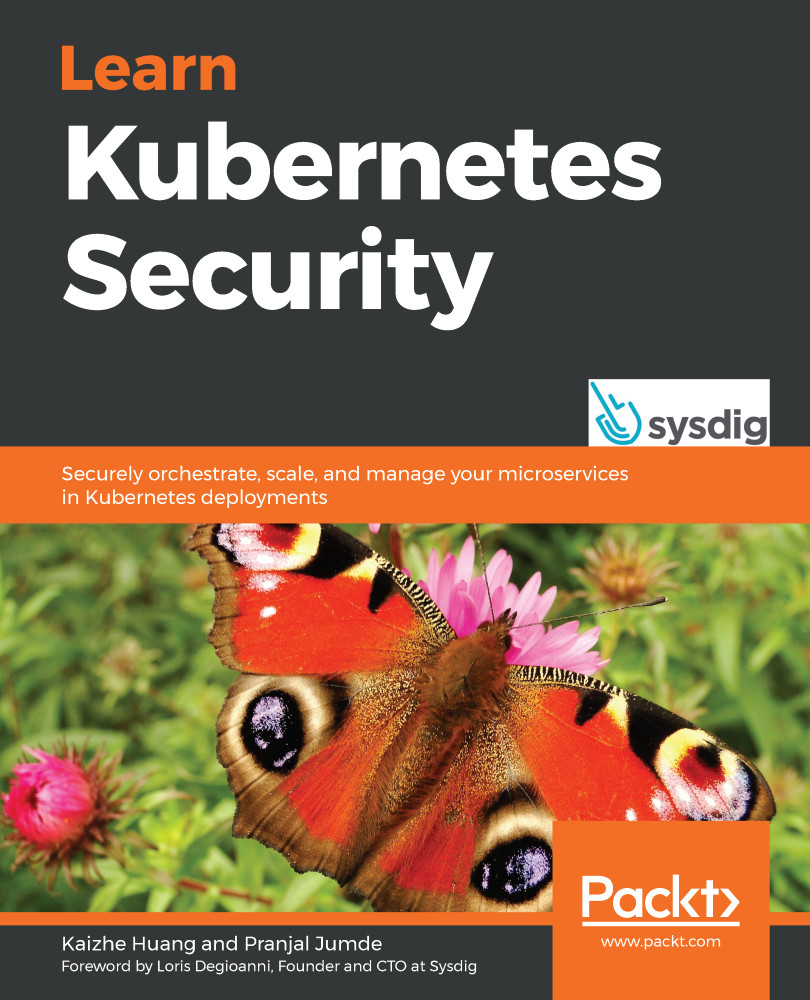Overview of this book
Kubernetes is an open source orchestration platform for managing containerized applications. Despite widespread adoption of the technology, DevOps engineers might be unaware of the pitfalls of containerized environments. With this comprehensive book, you'll learn how to use the different security integrations available on the Kubernetes platform to safeguard your deployments in a variety of scenarios.
Learn Kubernetes Security starts by taking you through the Kubernetes architecture and the networking model. You'll then learn about the Kubernetes threat model and get to grips with securing clusters. Throughout the book, you'll cover various security aspects such as authentication, authorization, image scanning, and resource monitoring. As you advance, you'll learn about securing cluster components (the kube-apiserver, CoreDNS, and kubelet) and pods (hardening image, security context, and PodSecurityPolicy). With the help of hands-on examples, you'll also learn how to use open source tools such as Anchore, Prometheus, OPA, and Falco to protect your deployments.
By the end of this Kubernetes book, you'll have gained a solid understanding of container security and be able to protect your clusters from cyberattacks and mitigate cybersecurity threats.



 Free Chapter
Free Chapter
